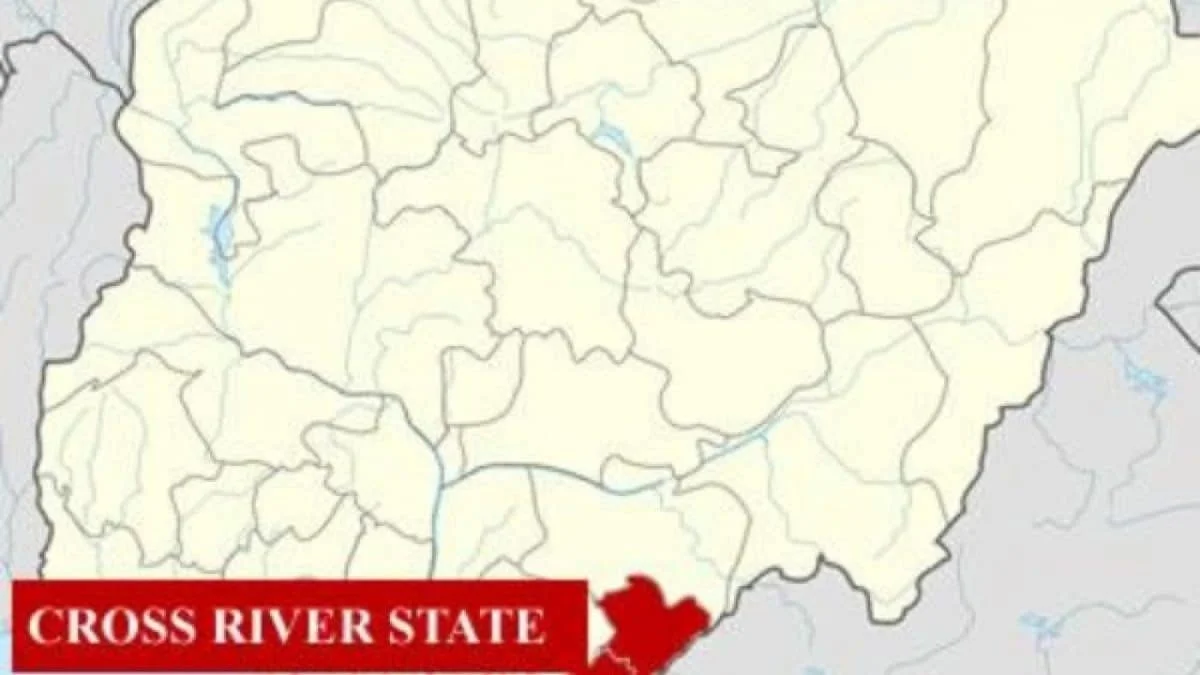Plant ecologists and other experts have identified the continual decline in the production of seafood such as crayfish, shrimp, and other marine animals, as a result of the destruction of rivers, wetlands, and the felling of mangroves in the Calabar creeks, which are major habitats for them.
They spoke at a one-day workshop organized in Calabar by university students and a volunteer group called Biodiversity Rescue Club (BRC) to draw attention to the massive disappearance of the mangroves and the attendant effects on food security, humans, and nature.
According to them, threats against aquatic species have already impacted market forces in the country, and they condemned the killing of crocodiles and similar animals.
They said that locals residing near the Ikot Ewa Effiom Esierebom community beach in Calabar South LGA and other coastal beaches, for instance, now resort to felling the mangrove trees for commercial purposes.
They emphasized that this act is very dangerous as it has threatened and displaced aquatic animals and medicinal plants, thereby posing dangers to residents.
The group cautioned against further devastation, saying it makes surrounding communities vulnerable to floods and erosion, apart from impacting food security.
They disclosed that they have started replanting 3,000 mangrove seedlings as a way of restoring the Esierebom beach in particular, according to Godwin Ogbiji, the focal person of BRC.
Ogbiji said, “Our survey conducted within Calabar confirmed worrying problems that accompany the loss of mangroves. Some of these include the loss of sea species and animals resident in the wetlands, among others. These losses, as a result of man’s activities, have led to sharp shortages of seafood.”
“The replanting of the mangroves would attract new and economically important marine species like fish, which would in turn boost fisheries to support local livelihoods and food security.”
Dr. Patrick Akwaji of the Department of Plant and Ecological Studies at the University of Calabar, as well as Dr. Paul Oko, chairman of the Board of Trustees of BRC, spoke on the importance of restoration and biodiversity conservation.
Both urged Nigerians to be committed to the restoration of mangrove forests and the responsible use of their resources in order to ensure food security and combat climate change.
They maintained that mangroves are important for human livelihoods and existence, warning of the dire consequences of the loss of these ecosystems.
Biodiversity group gives reasons for decline in seafoods production in Cross ‘River



